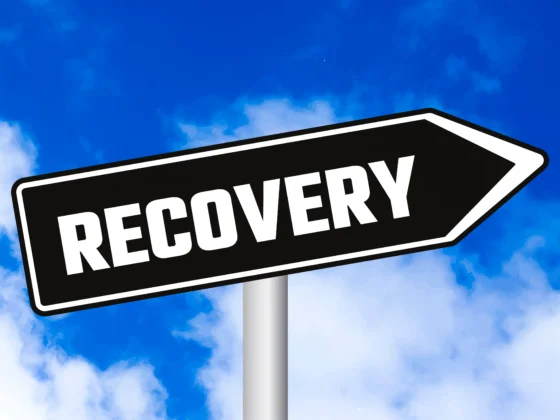When we hear the word “recovery,” the first thing that comes to mind is quitting the addictive substance or destructive behavior.
But the deeper truth is that recovery is never complete without healing the heart and mind… and without forgiving yourself first.
Many people in recovery stop at the stage of “I’ve quit,” but inside them remains a silent pain: a feeling of regret, sadness, guilt, and disappointment in themselves.
At Relife, we work with those in recovery to help them learn to forgive themselves. Not as a denial of what happened… but as a deeper understanding of it, and an acceptance that they are human… that they make mistakes and also make things right.
Self-forgiveness does not mean justifying your actions, or forgetting the pain you caused others.
It means admitting your mistake, then embracing yourself with all its pain, and saying:
“You deserve a new chance.”
Self-forgiveness is looking at your past with the eyes of awareness, not with the eyes of harshness. It is seeing the person you used to be, appreciating how much you’ve suffered, and then choosing to walk toward a better version of yourself.
Many of those we’ve supported in recovery used to believe that guilt was a necessary punishment so they wouldn’t forget. But with time, they learned that if guilt lingers, it becomes a chain that holds them down… while forgiveness sets them free to move forward.
When you forgive yourself, you can smile from your heart, love sincerely, and plan your future with confidence.
You can say:
“Yes, I stumbled… but I rose again.”
And at Relife, we always remind you: You are not your mistake, nor your past.
You are your entire journey… with all its lessons, pain, and dreams to come.





